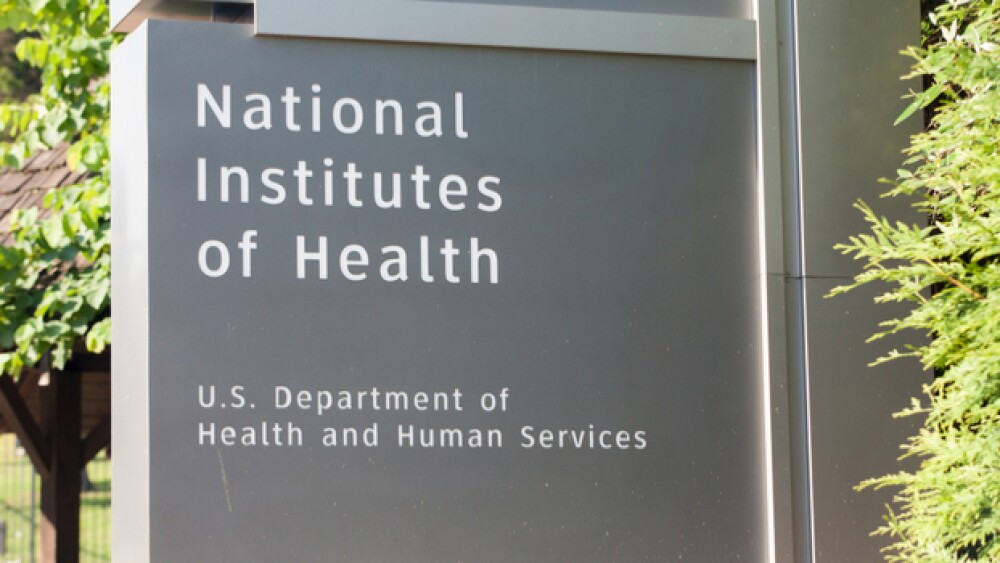As the Trump administration has continued to show its lack of financial support of scientific research using fetal tissue, the National Institutes of Health is setting aside $20 million to fund research that could develop alternatives to the use of embryonic tissue.
Mark Van Scyoc / Shutterstock.com
As the Trump administration has continued to show its lack of financial support of scientific research using fetal tissue, the National Institutes of Health (NIH) is setting aside $20 million to fund research that could develop alternatives to the use of embryonic tissue.
In an announcement released Monday, the NIH said it is inviting applications to “develop and/or further refine human tissue models that closely mimic and can be used to faithfully model human embryonic development or other aspects of human biology.” The NIH said it is seeking the funding so it will not have to rely on the use of human fetal tissue obtained from elective abortions. In its announcement, the NIH said the models that mimic fetal tissue could include “cell culture models using induced pluripotent stem cells (iPSC), iPSC-derived organoids, or other three-dimensional culture systems.”
Fetal tissue and embryonic stem cell-derived systems have been an intricate part of research to understand human development and disease processes.
“Research using these tissues has been important in shedding light on scientific questions fundamental to biomedical research, ranging from understanding basic physiologic mechanisms to understanding normal human tissue developmental and disease processes. However, new technologies raise the potential of reconstituting these model systems without fetal tissue yielding more replicable and reproducible system for broader uses. Such alternative technologies would benefit from an investment to accelerate research in these areas,” the NIH said in its announcement.
The NIH said it will publish Funding Opportunity Announcements (FOAs) in the coming months, with the funding expected to begin in 2019 and 2020.
The NIH announcement comes only days after HIV research using fetal tissue was thrown into doubt by a halt of funding. A contract between the National Institutes of Health and the University of California, San Francisco (UCSF) may not be renewed because of the use of the embryonic tissue in the work. Researchers at the university have been a lynchpin in testing almost all HIV therapies since the 1990s. The funding for the center is expected to be available through March, but it is unknown if it will be available after that. The research lab had expected its funding to be renewed, but that is in doubt now as the White House hardens its line on embryonic research.
Last week’s funding concerns are the latest round regarding the issue of using federal funds to support research with fetal tissue. Fetal tissue is sought after because they have healthy early-stage cells that could potentially function in ways that older cells no longer can. However, opponents consider the use of fetal tissue to be barbaric and liken it to selling the body parts of children. Earlier this fall the White House, backed by conservative lawmakers, cancelled a $16,000 fetal tissue contract between a supplier and researchers at the U.S. Food and Drug Administration. The FDA used the fetal tissue it acquired from Advanced Biosciences Research in animal testing. Researchers implanted the tissue into mice that lacked immune systems in order to give them human-like immune systems, which were then tested to “evaluate the safety and efficacy of various drugs.”





